How Hydration Impacts Athletic Performance
Fitness is the most important aspect of an athlete’s sports journey. Maintaining peak health is not a one-time effort, but an ever lasting process. Without proper healthy, even an athlete as talented as Kobe Bryant or Lionel Messi would struggle to make an impact on the field. Fitness is the first step and everything comes after that.
But there are many cornerstone of fitness. Hitting gym on a daily basis and maintaining a healthy diet are one of the many things that impact the overall health of an athlete. Hydration is also as important as gym and training. It plays a key role in body’s functions, including transporting nutrients to cells, getting rid of wastes, providing cushions to joints, keeping organs healthy, and maintaining body temperature.
Also Read: Top Nutrition Myths That Hurt Athlete Performance
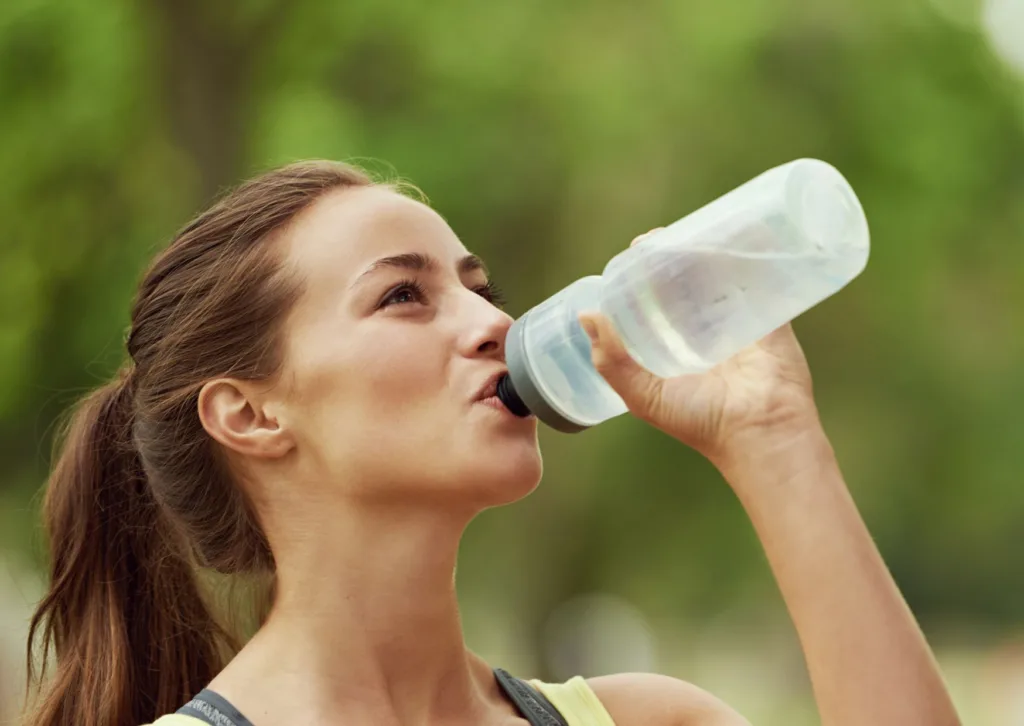
How Hydration Impacts Athletic Performance
To understand the importance of water, it’s enough to highlight that the human body is composed of more than 60% water. It’s enough to suggest how important water is for the proper functioning of human body. Water not only regulates temperature, but also helps in transporting nutrients, and flushing out waste.
Also during exercise, body generates heat, leading to loss of water, including fluids and electrolytes such as sodium, potassium, and magnesium. If the body doesn’t get replenished with liquid during this process, it can negatively impact strength, endurance, and focus. In extreme cases, lack of water, that is dehydration, can also lead to exhaustion, heatstroke, headache, fatigue, dizziness and several other health issues.
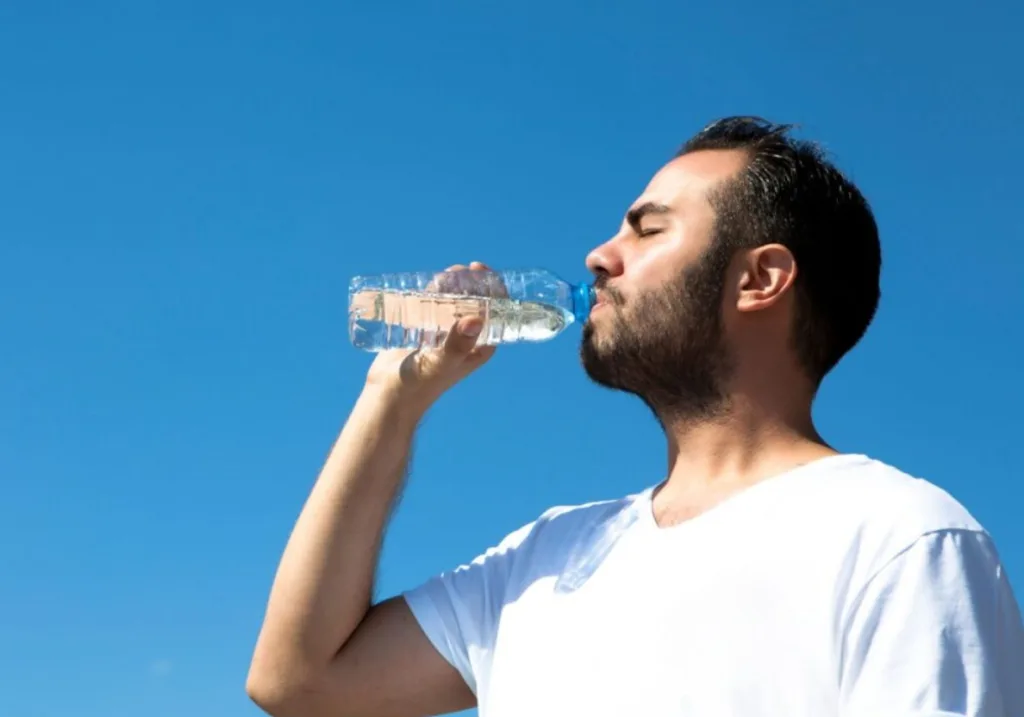
Also Read: Strength vs Endurance: How to Choose the Right Training Plan?
How an athlete can main optimum hydration level?
Keeping the body hydrated is the key to peak performance. To achieve this, there are some steps an athlete can take. Following are some hydration strategies:
- Pre-Activity Hydration: Always keep in mind to maintain optimum hydration before an intense workout. To achieve this, consume 16-20 ounces of water 2-3 hours prior to exercise or workout to ensure that the body remains in a hydrated state.
- Keep track on Fluid Intake During Activity: It’s not just about drinking before workout, but it’s equally important to give body fluid during workouts. The best way is to drink 5-8 ounces of water containing electrolytes or energy drinks every 10-20 minutes during exercise.
- Drink in little quantity: It’s important to note that drinking in little sips at regular intervals is better than gulping down large quantity of water at once.
- Post-Workout Rehydration: After an intense workout, replenish your body by taking sports energy drinks or any other liquid containing electrolytes to make for lost fluids. The quantity can depend on how intense the workout was the how much sweat an athlete lost. But normally, drinking 16-24 ounces of should be enough.
- Make Your Own Hydration Plan: Every athlete is different. And so every athlete’s body needs nutrients in different quantity. If some plan is working out for one athlete, it might also harm another. So it’s better to make your own plan by factoring in elements such as body weight, sweat rate, and environmental conditions.
- Check Urine Color: One effective way to examine your hydration level is to check your urine color. If it’s pale yellow, it means, you have good hydration, while dark yellow suggests you are suffering from dehydration.
Also Read: Top Agility and Speed Drills for Indian Athletes
What are the signs of Dehydration
Dehydration can cause severe health conditions such as stomach discomfort, problem in getting rid of wastes, dizziness and many others.
Common signs of dehydration are:
- Dry mouth
- Dizziness
- Dark urine
- Muscle cramps
- Fatigue
- Reduced performance levels
How to track Hydration?
In today’s world, everyone looks so busy that it’s easy to forget about anything. But the positive side of moderns gadgets and phones is that they can help us monitor even the tiniest things. Amongst many moderns gadgets are hydration Tools;
- Smart Water Bottles: Equipped with sensors to track fluid intake.
- Sweat Tests: Determine individual sweat rate and composition to customize hydration plans.
- Hydration Apps: Offer reminders and track daily water consumption.
Different sports means different fluid requirements
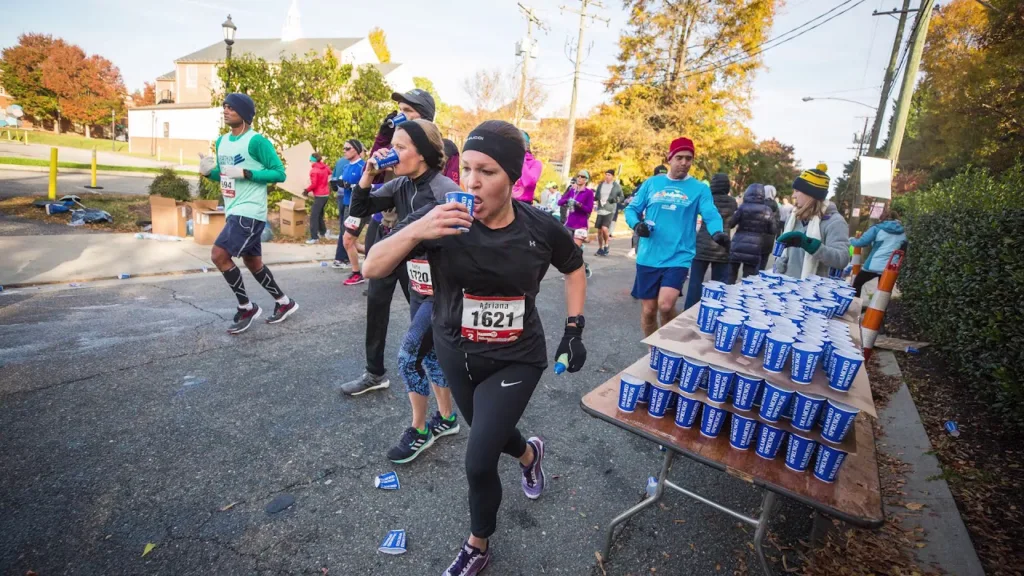
Elite athletes focuses on everything when it comes to maintain their peak physique. This includes the time to wake up in the morning, eating their first meal, giving their 100% even in training and then going to bed at specific time. Hydration also takes importance for them.
But every sport requires different hydration levels. For example, marathon runners consume a lot of energy during long distance running and loses a lot of sweat. That’s why hydration stations are placed throughout the running course.
Football players also loses significant amounts of sweat during matches, and depend on electrolyte-rich drinks to sustain energy and focus.
In cricket, there are drinks break at regular intervals so that players can replenish their bodies and maintain hydration levels.
Final Thoughts
Hydration often gets overlooked by some athletes, especially the young ones. An athlete’s performance depend not only on training and building muscles but also on how hydrated he keeps his body. But staying hydrated is not just about drinking water but maintaining a balance of fluids and electrolytes. So keep your hydration at the maximum level and watch your performance soar to new heights!
Follow us on Facebook, Instagram and LinkedIn.
Share this content:
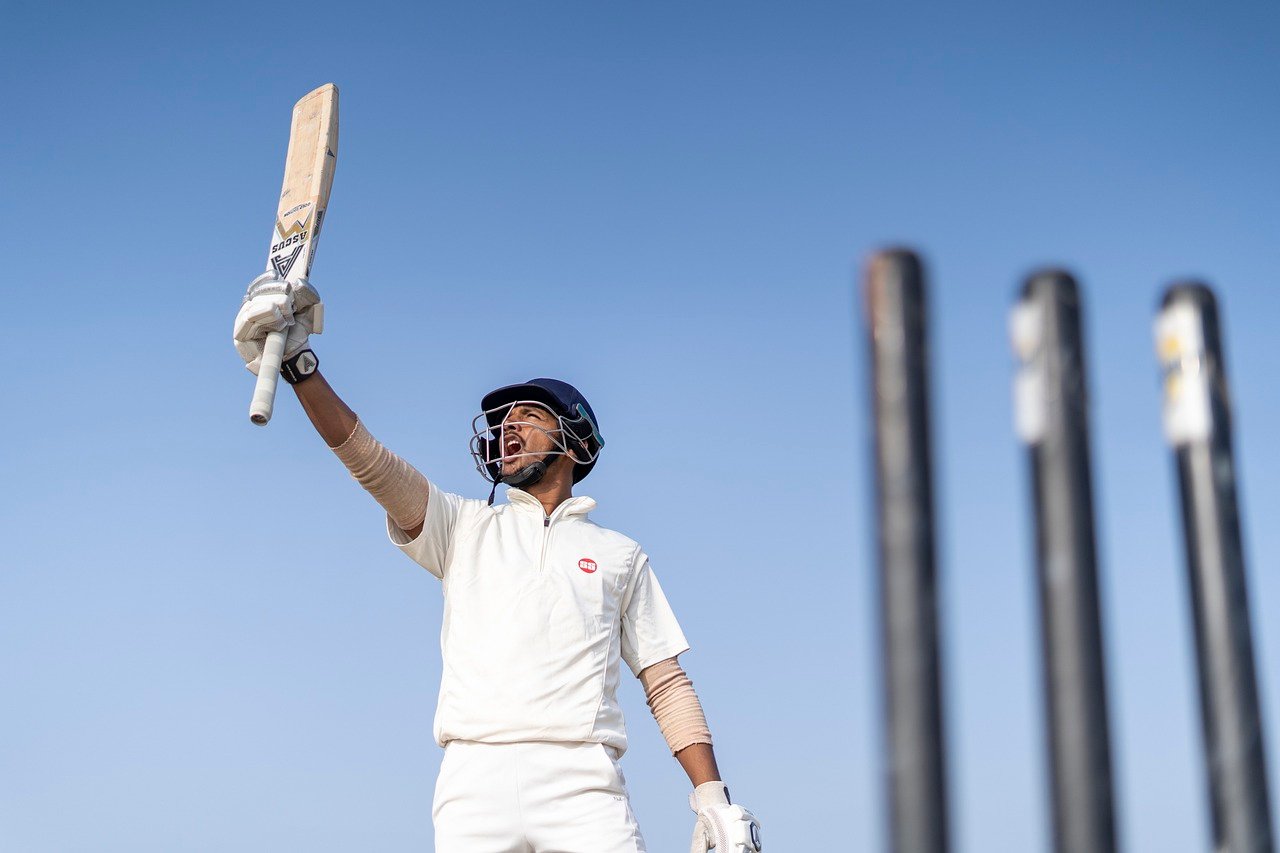
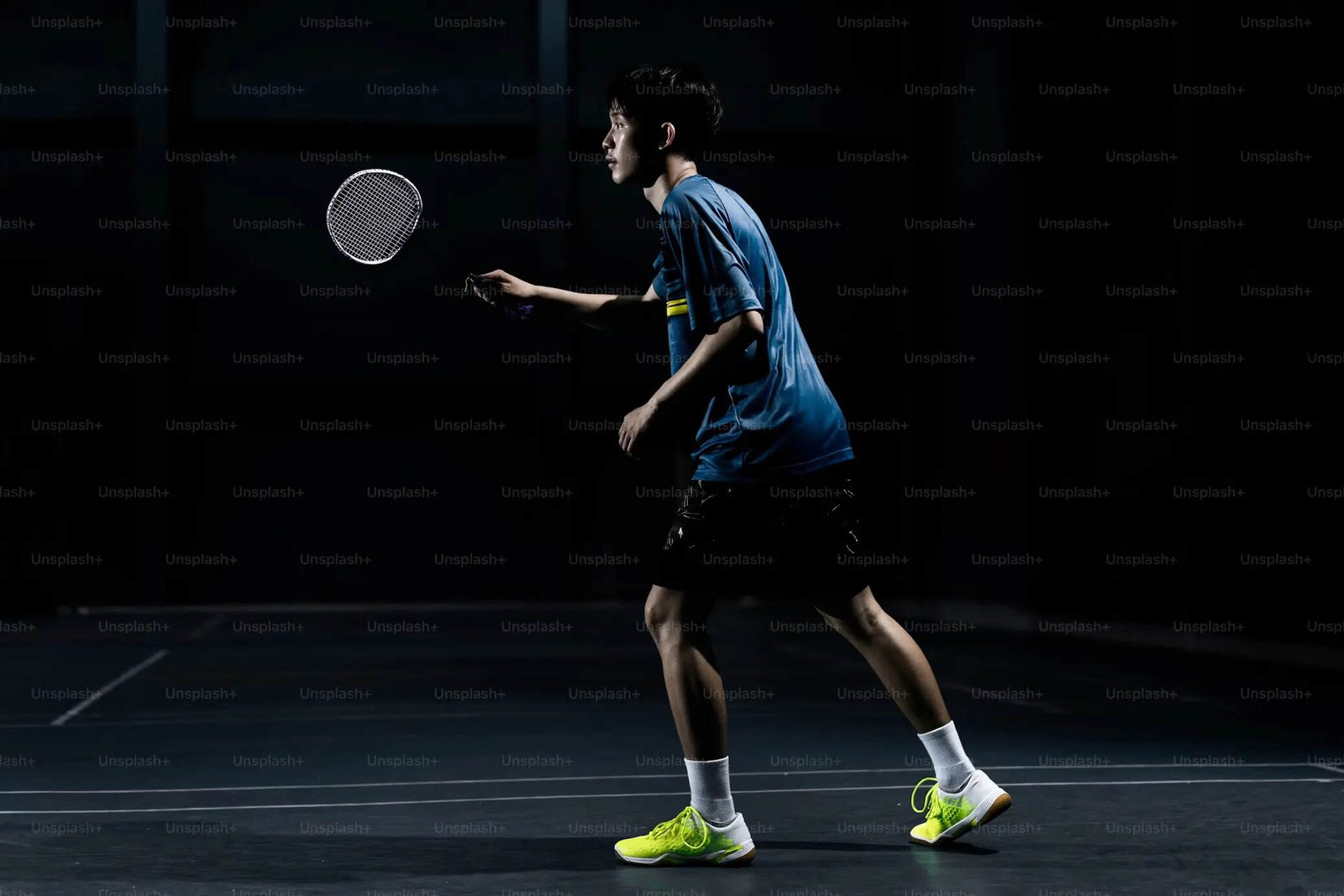
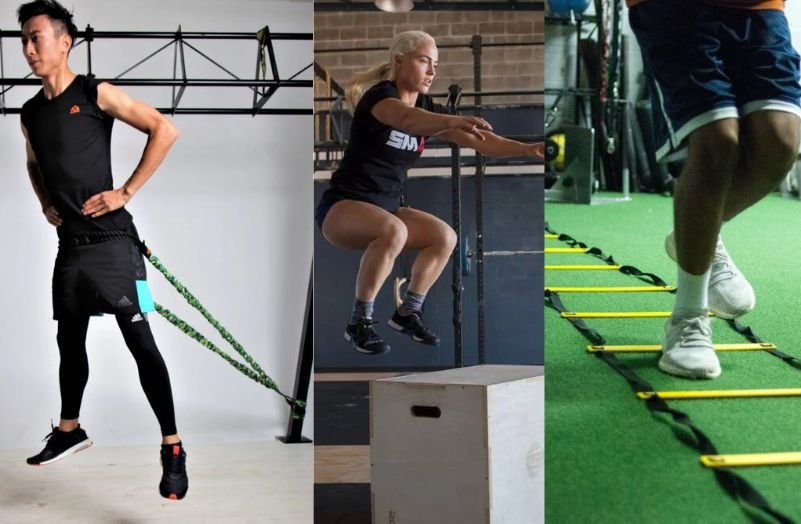
Post Comment